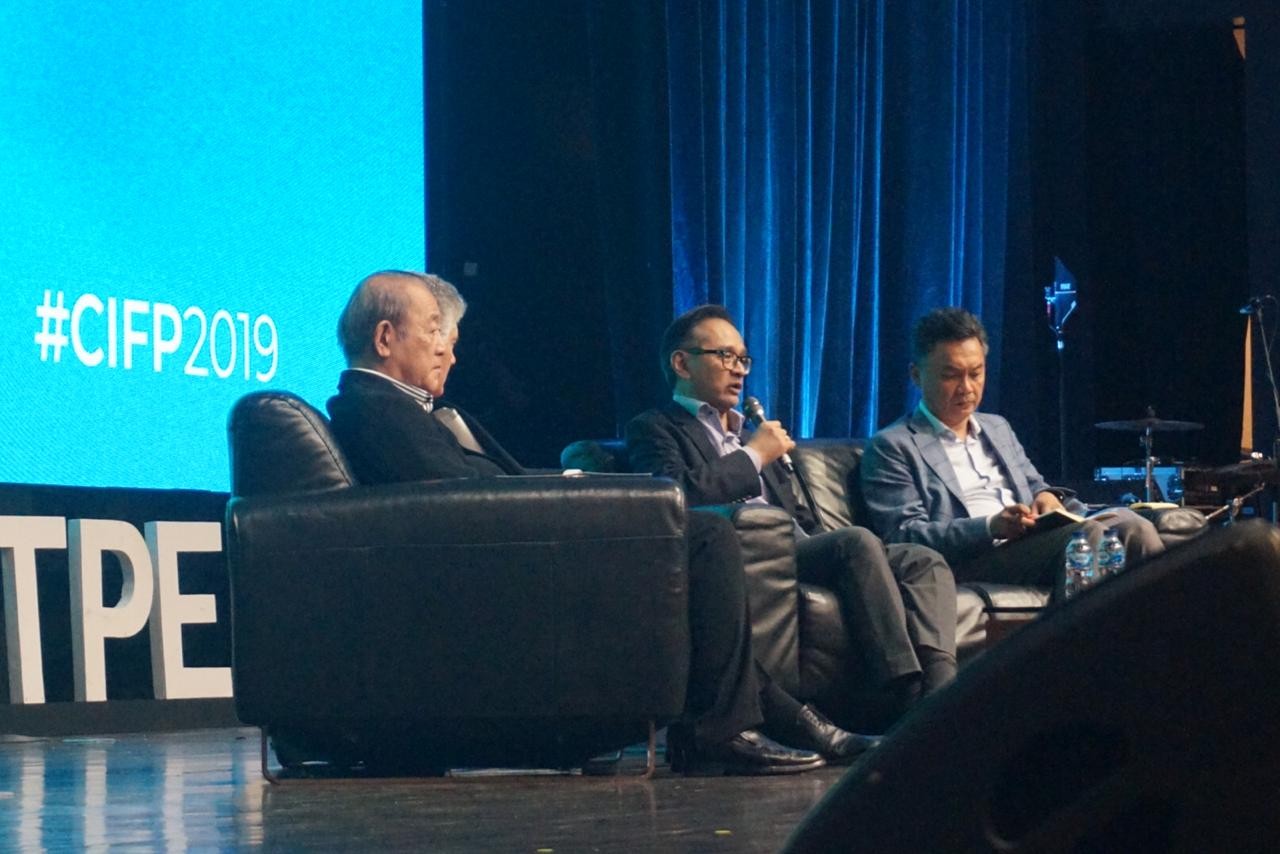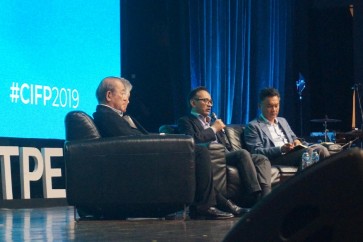Popular Reads
Top Results
Can't find what you're looking for?
View all search resultsPopular Reads
Top Results
Can't find what you're looking for?
View all search results'Hot peace' challenges Indonesian diplomacy
Foreign policy experts urge Indonesia to step up in what they call a time of 'hot peace' by going beyond the non-alignment stance taken during the Cold war, while the government insists it cannot act alone in maintaining good offices with other countries.
Change text size
Gift Premium Articles
to Anyone
I
ndonesia must find a panacea for the “hot peace” simmering as a result of growing tensions among the world’s strategic rivalries, foreign policy experts said on Saturday as the government called for global collective leadership to maintain peace in the community of nations.
Foreign Policy Community of Indonesia (FPCI) founder Dino Patti Djalal defined “hot peace” as a 21st-century condition of geostrategic rivalry between countries with a zero-sum mentality, a clear reference to the ongoing competition between superpowers China and the United States.
“The Cold War is behind us, but there is something new coming that will [destabilize] the peace. This is indeed the consequence of hot peace,” Dino said in his opening remarks at the Conference on Indonesian Foreign Policy (CIFP) in Jakarta on Saturday.
The conference, the largest of its kind, is an annual event attended by thousands of students of international relations, academics, as well as foreign policy experts and practitioners from around the world.
Dino said the ongoing trade war between the US and China was just one of the economic consequences of hot peace and adds to a sense of strategic insecurity among major powers, with less cooperation and heightened tension, proxy wars, conflict and fractured regionalisms.
Unlike the Cold War era of the 20th century, defined by geopolitical tensions between the US and the former Soviet Union as well as the threat of all-out nuclear war, the era of hot peace sees major powers meet more frequently in summit diplomacy to exert influence, Dino said.
As a consequence, the threat of World War III is “almost nonexistent”.


















